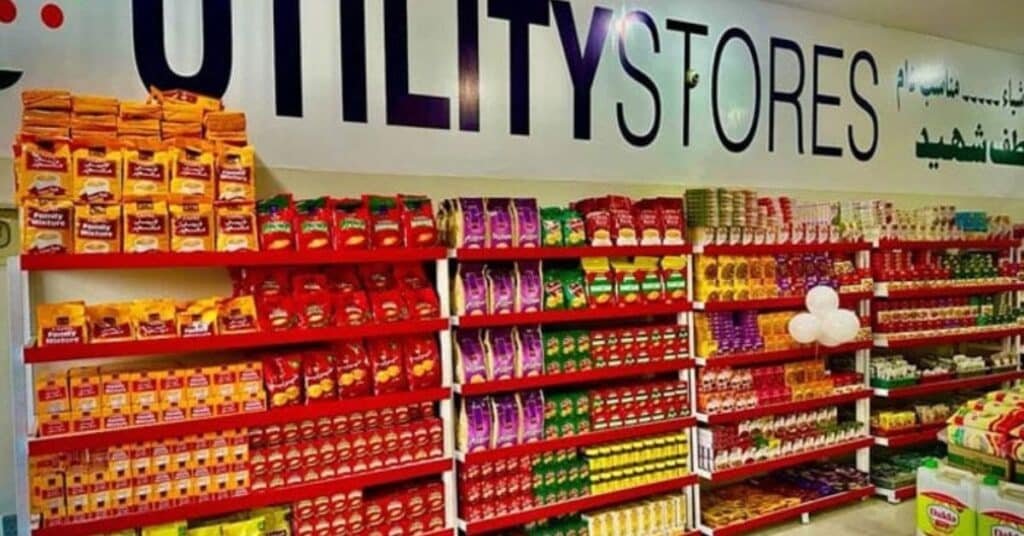ISLAMABAD (Kashmir English): In line with the government’s privatisation plan, Utility Stores across Pakistan will be shut down by July 31.
This was confirmed by a high-level committee formed by the Prime Minister to oversee the closure and privatisation of the Utility Stores Corporation (USC), in a meeting few days ago.
It reaffirmed that all operations of the Corporation will be shut down by July 31 in accordance with government directives.
The meeting, held in Islamabad, was chaired by Finance Minister Muhammad Aurangzeb. The committee is tasked with ensuring a smooth and transparent shut down of the utility stores across the country, along with devising a Voluntary Separation Scheme (VSS) for the employees and recommending a structured timeline for privatisation.
The committee members have also been tasked with developing a fair and financially viable VSS for USC employees, which would facilitate an orderly exit for workers and ease the transition.
The committee has been examining various aspects of the VSS, including its potential size, fiscal impact, and the legal and operational challenges associated with the closure plan.
Sale of Utility Stores assets
In addition to the VSS, the committee is also considering two other options: one is feasibility of the privatisation process, or alternatively, the possibility of sale of asset tied to USC operations.
The committee has recommended that the Privatisation Commission be consulted on both the options.
Implications of the scheme’s rollout and its potential effects on the workforce is also under consideration of the committee.
A sub-committee, led by Secretary Establishment Division, has also been constituted to facilitate a more thorough analysis on the subject.
The closure of Utility Stores Corporation is part of the government’s broader privatisation plan that will reshape the retail landscape in the country, though its impact on the employees and consumers remains a point of continuing concern.




